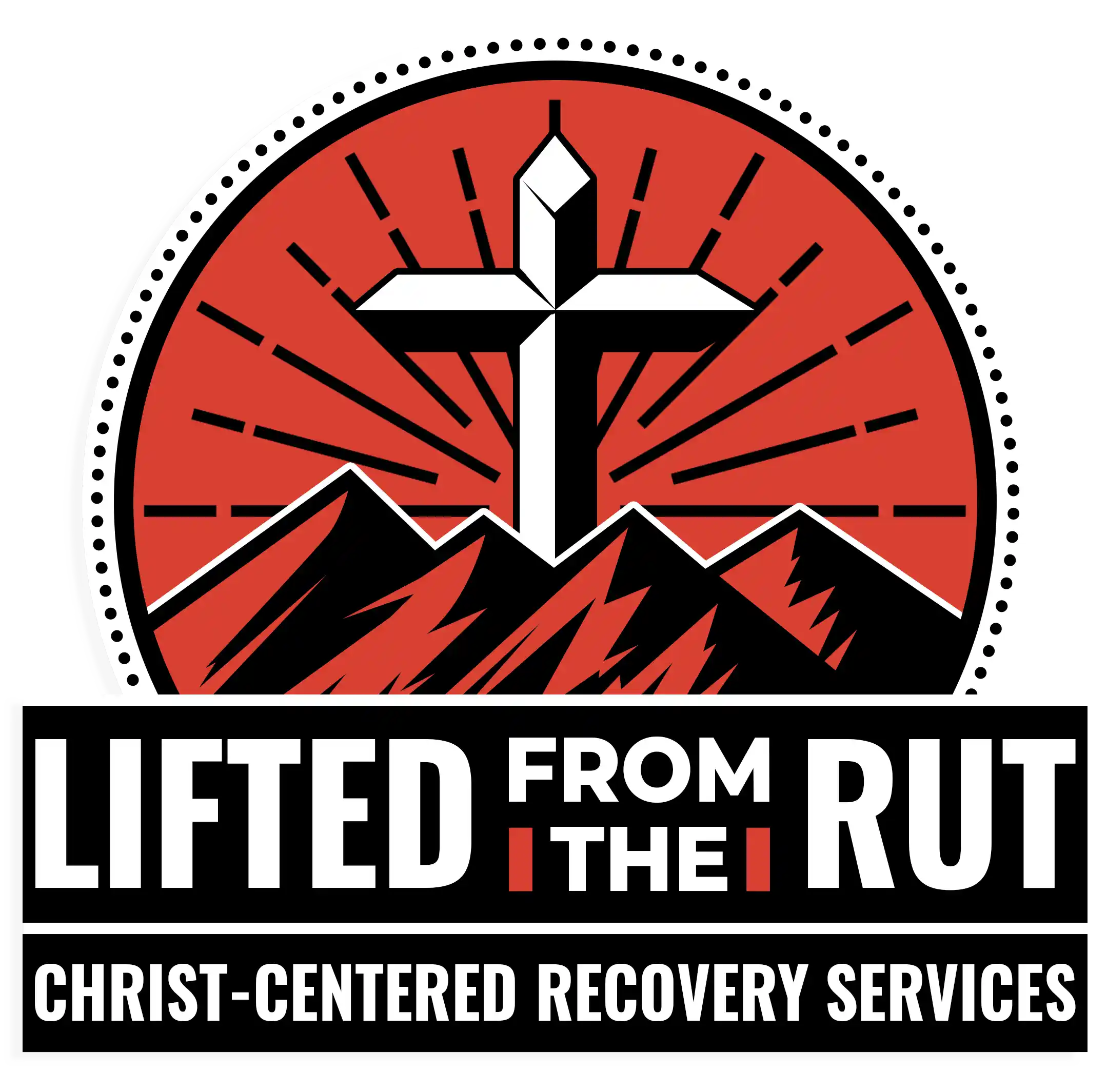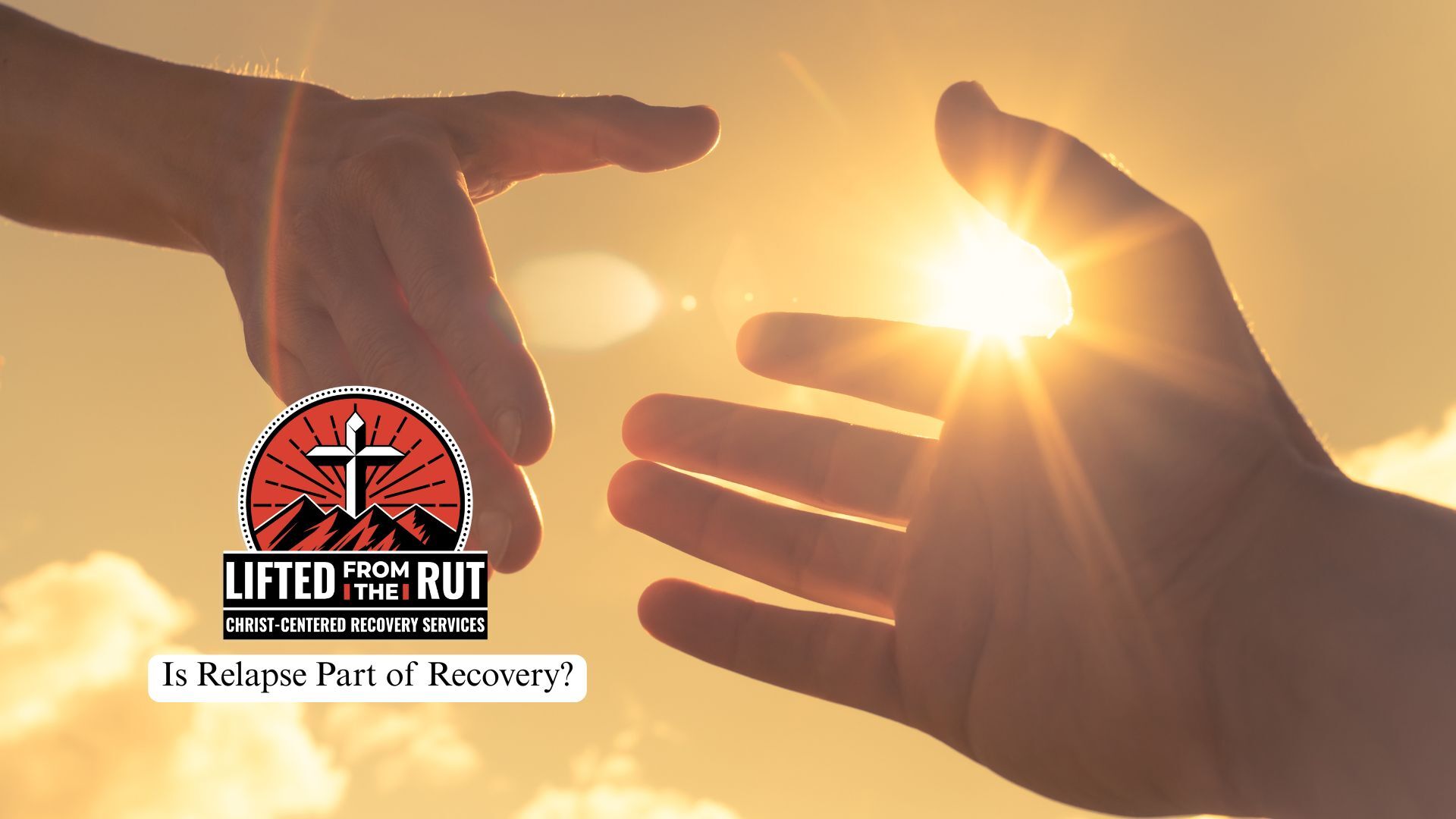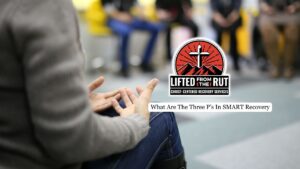Relapse can be understood as an event that may offer insights into the recovery process rather than a definitive setback. Many recovery frameworks, particularly in addiction treatment, acknowledge that relapse can provide opportunities for learning.
In this article, people undergoing treatment for substance use disorders and other addictions may gain understanding about triggers, coping mechanisms, and the circumstances that lead to a lapse in their recovery efforts.
Understanding Relapse
Relapse is a recognized risk in the context of addiction recovery, characterized by a return to substance use or destructive behavior after a period of abstinence.
It’s important to contextualize relapse not as an isolated incident, but as part of a continuum that can encompass emotional, mental, and physical dimensions.
Taking part in a relapse prevention program can provide crucial tools, support, and strategies to recognize early warning signs and interrupt the cycle before it progresses.
The Stages of Relapse
The stages of relapse can be categorized as follows:
Emotional Relapse
This stage manifests through changes in mood, increased anxiety, or stress, without immediate thoughts of using substances. Individuals may not consciously recognize these emotional shifts as warning signs.
Mental Relapse
In this phase, individuals may begin to entertain thoughts about substance use or a return to a previous destructive behavior. This may include reminiscing about past experiences with substances or rationalizing the potential benefits of using again, or indulging again in behavior such as gambling, or watching or reading porn, among others, indicating a slipping commitment to sobriety or abstinence.
Physical Relapse
This final stage involves the actual act of consuming the substance or returning to the previous behavior. It represents the culmination of emotional and mental struggles that have gone unaddressed.
Understanding these stages is critical for early intervention, which can help mitigate the likelihood of a full relapse.
How Common is Relapse in Recovery?
Relapse rates for individuals recovering from substance use disorders are reported to be between 40% and 60%, according to the National Institute on Drug Abuse. These rates are comparable to those observed in other chronic conditions, such as diabetes and hypertension.
Consequently, experiencing a relapse at some point during recovery is a realistic expectation for many individuals.
It is essential to recognize that while relapse can occur, it doesn’t negate the progress made during recovery. Understanding the potential for relapse can assist individuals in establishing realistic expectations and developing effective coping strategies.
Recovery should be viewed as a continuous journey, where setbacks don’t define an individual’s overall progress.
Why Does Relapse Happen?
Several interconnected factors contribute to relapse, encompassing biological, psychological, and social influences. In substance use disorders, chronic substance use can lead to alterations in brain chemistry, increasing susceptibility to cravings, and impulsive behavior.
Environmental triggers, such as stress, specific cues, or particular social contexts, can heighten the desire to use substances. Additionally, untreated mental health issues, including depression or anxiety, can elevate the risk of relapse.
Addiction is a multifaceted disorder characterized by the interplay of various factors. Identifying personal triggers and developing effective coping strategies are critical components in preventing relapse.
Collaborating with addiction professionals and support networks can help individuals recognize and manage these risk factors, thereby bolstering resilience and improving long-term recovery outcomes.
Is Relapse a Failure?
Relapse is often misunderstood as a failure in the recovery process. However, it can be better viewed as a potential learning opportunity. From a clinical perspective, relapse provides insight into personal triggers and vulnerabilities that may require additional support.
Instead of self-criticism, a more constructive approach involves practicing self-compassion and utilizing the experience to improve coping strategies.
Research indicates that relapse isn’t uncommon within the context of substance use recovery. It has been recognized as a normal part of the recovery journey for many individuals. The critical aspect is the response to a relapse.
Studies have also shown that resilience can be built through setbacks. With the right mindset and a robust support structure, individuals may find that relapses strengthen their long-term recovery efforts. Engaging with support systems, reevaluating the recovery plan, and reinforcing commitment to sobriety are essential steps in navigating this phase.
Thus, while relapse can be disheartening, it shouldn’t be classified as an outright failure but rather as an integral component of many recovery narratives.
Relapse as Part of the Recovery Journey
It’s important to recognize that experiencing a relapse doesn’t equate to failure or indicate that previously effective treatment has lost its value. Instead, it can serve as a critical moment for individuals to gain insights into their personal triggers and to assess the efficacy of their coping mechanisms in maintaining sobriety.
Professionals in the field of recovery highlight that a relapse shouldn’t diminish the progress made up to that point. Rather, it provides an opportunity for reassessment and modification of one’s recovery strategy. This period can facilitate a recommitment to recovery goals and may involve returning to treatment or support groups, which can enhance the individual’s capacity to navigate future challenges.
Incorporating personal recovery tools like journaling, praying, meditation, or creative expression can also strengthen emotional resilience and deepen the connection to one’s healing journey.
It is essential to understand recovery as a continuous process in which setbacks can contribute to personal growth and increased self-awareness. Each relapse may reveal important information about one’s behaviors and thought patterns that can inform future recovery efforts.
Thus, approaching relapse with a mindset geared toward learning and adjustment can ultimately support long-term sobriety.

Preventing and Responding to Relapse
Preventing relapse requires a structured approach that integrates multiple strategies aimed at sustaining long-term recovery. Engaging in therapy, participating in support groups, and implementing lifestyle modifications are essential components that can help reduce stress and foster a supportive environment.
It’s important to identify personal triggers and establish coping mechanisms tailored to effectively manage these challenges.
In the event of a relapse, timely intervention is critical. Seeking assistance from a therapist, sponsor, or trusted individual can facilitate a constructive response.
Analyzing the circumstances that contributed to the relapse is vital for adapting the recovery plan and enhancing resilience moving forward.
It should be noted that a relapse doesn’t diminish previous achievements in recovery; rather, it presents an opportunity for reflection and growth. Continued engagement with support systems and aftercare resources is fundamental to achieving lasting success in recovery.
The Role of Faith in Relapse and Recovery
Faith plays a vital role in relapse and recovery by providing individuals with strength, hope, and a sense of purpose that supports their journey toward sobriety. It offers a framework for forgiveness, self-compassion, and personal growth, helping people overcome guilt and shame often associated with relapse.
Faith-based approaches, including spiritual practices and 12-step programs, foster resilience by encouraging surrender to a higher power and promoting emotional balance. This spiritual connection can reduce stress, enhance coping skills, and create a supportive community, all of which contribute to long-term recovery and help prevent relapse.
Final Thoughts from LFTR Christian Rehab Services
Relapse is a common and expected part of the recovery process from addiction. Rather than being a sign of failure, relapse offers an important opportunity for reflection and learning. By understanding the triggers and circumstances that led to the setback, individuals can adjust their recovery plans and strengthen their coping strategies.
At LFTR Christian Rehab Services, we understand that recovery is a journey, not a destination-and that setbacks like relapse are part of the process for many people. If you or a loved one has experienced a relapse, our compassionate team is here to help you get back on track with personalized care, proven strategies, and unwavering encouragement.





